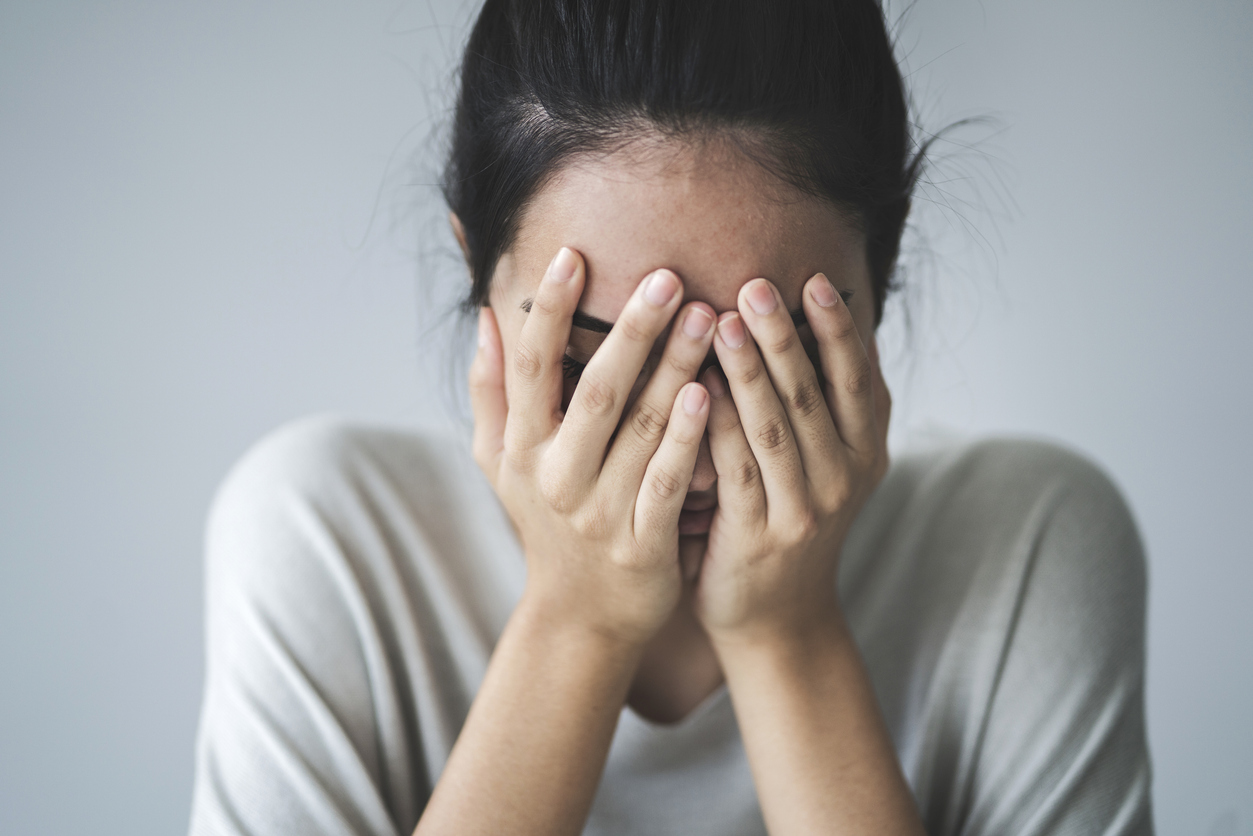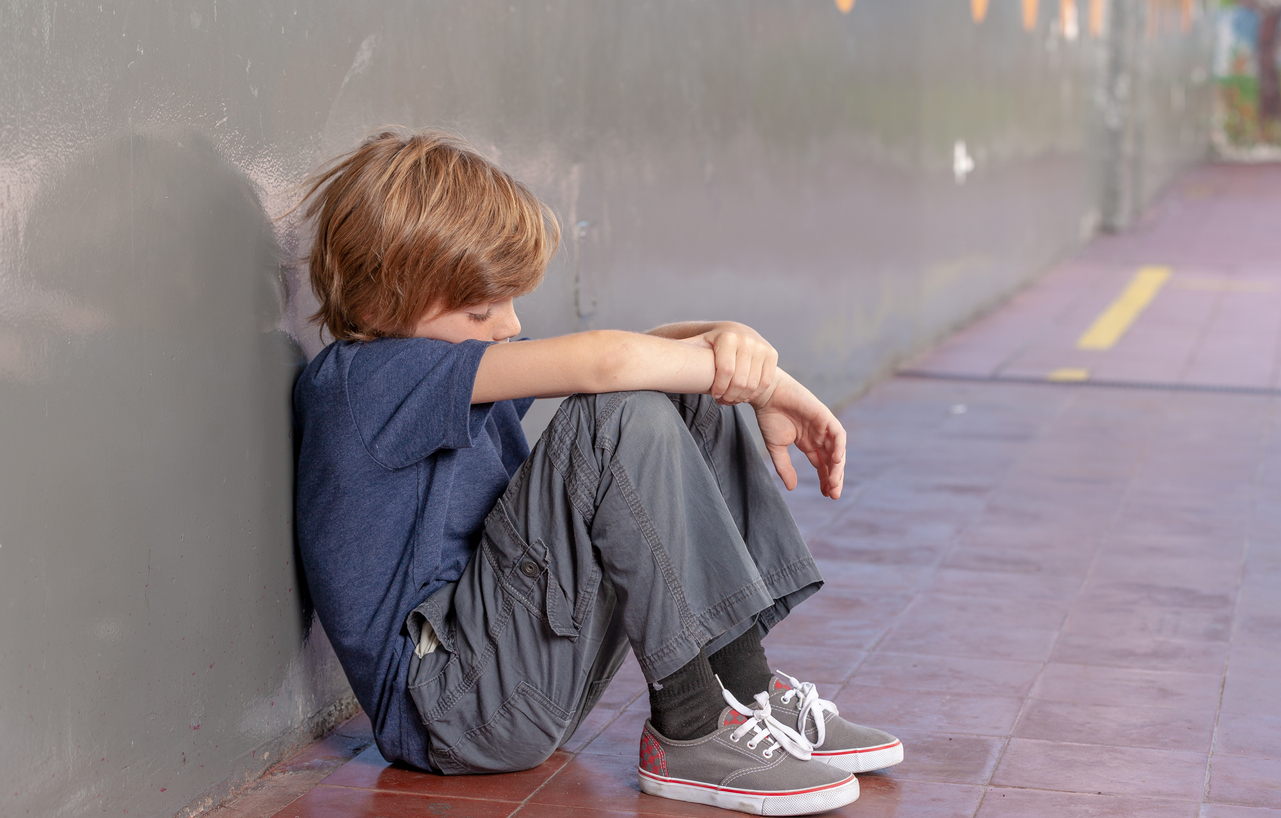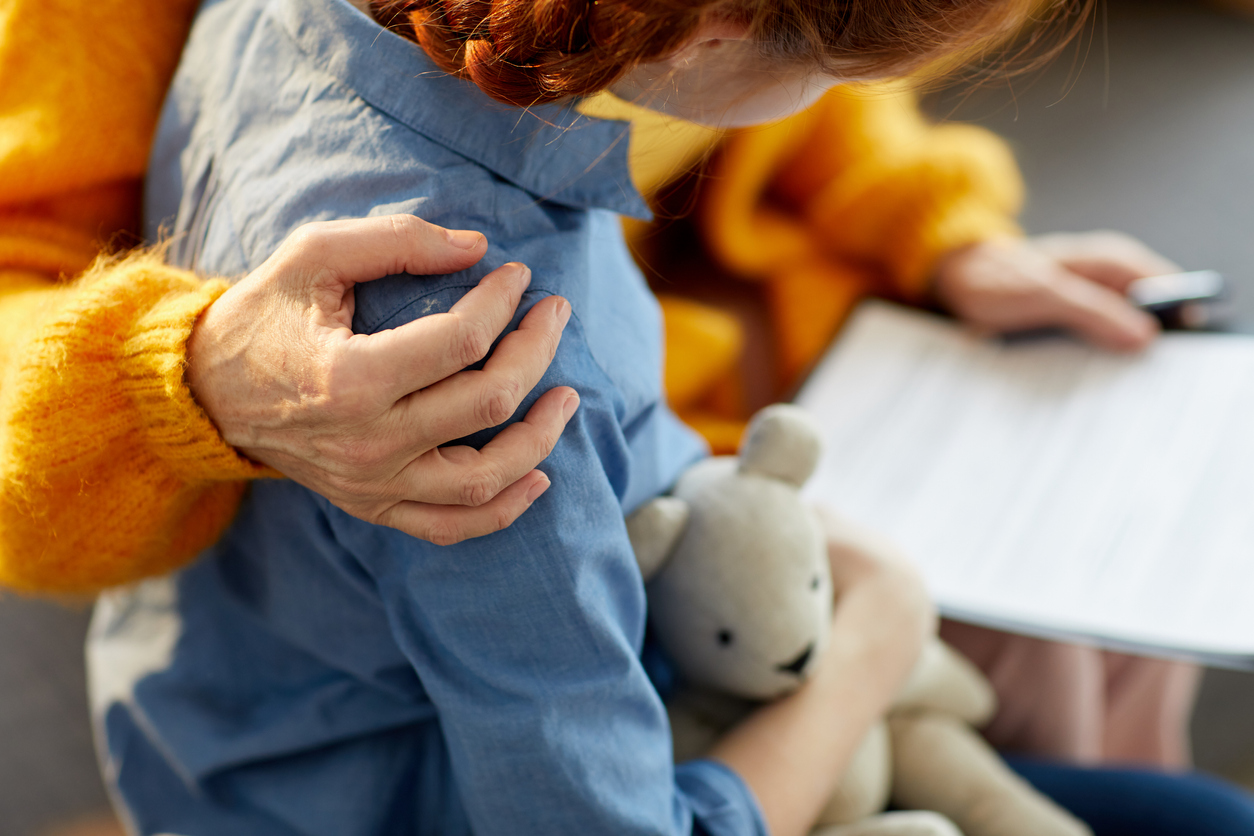
When we hear the word "depression," it doesn't usually bring to mind images of our own children. As parents, it can be hard to imagine our own children suffering from something as scary as depression. While discussions concerning mental health in adults are slowly and steadily becoming more normalized, it's important to know that depression can affect children and teens as well. It can be easy to shrug off a child's altered behavior as a passing phase or general moodiness, but depression is a very real possibility, and acknowledging that very real possibility is absolutely crucial if you want to have a positive impact as quickly as possible. As parents and caregivers, familiarizing ourselves with the signs of depression in children and teens isn't just essential — it can be lifesaving.
The Risk of Depression

The rate of childhood depression has risen over the years, and understanding your child's risk of depression is vital. The chances of depression in children and teens increases when a parent has a history of depression. Risk factors such as substance abuse within the family, an unstable living situation, bullying, trauma, and even immigration can increase the risk of depression in children and teens.

In addition to external factors, other factors that can up the risk of depression include physical health, genetic inheritance, and biochemical imbalances. And when it comes to teens specifically, the Pew Research Center warns that girls are three times more likely than boys to experience depression.
Spotting Depression

But spotting depression in children can be tricky. Sometimes, what may seem like symptoms of depression in children can actually be indicators of other, easily treatable medical conditions. These include anemia, hypothyroidism, and even vitamin D deficiency. Symptoms of these conditions include a few that are also associated with depression, like fatigue and weight gain. Figuring out the difference often requires the trained eye of a medical professional.

So what are the signs of depression in children and teens? The symptoms range widely, but here are a few to consider. Depression presents differently in children than in adults, and one symptom can be physical manifestations such as headaches, stomachaches, and other forms of pain. Common symptoms also include persistent tiredness, disinterest in social activities, unabating sadness, and irritability. Look out for dramatic shifts in sleep patterns and weight.
Signs of depression can also appear in the form of hopelessness, feelings of guilt, inability to concentrate, feelings of worthlessness, and thoughts of suicide.
What Are Your Options?

Coming to terms with the fact that a child is depressed can be heart-wrenching. You'll want to ask your child over and over, "How are you feeling today, honey?" Yet persistent questioning may not yield the best results. Children and teens may not want to talk about what they're experiencing. They may feel withdrawn, embarrassed, or unable to articulate what they're going through. Even adults sometimes have trouble understanding the fact that they are wading through a depressive episode.

When your child won't or can't explain what's going on, try other avenues. Start by keeping a journal of what you observe. Consider your child's lifestyle. Are they eating healthy, exercising, and getting rest? If not, then this is a good place to begin to encourage or facilitate a healthy lifestyle. Try limiting screen time, especially before bed.

Without being pushy, create opportunities for time together. Do more listening and less lecturing. And if your child or teen doesn't really want to hang out with you, try enlisting trusted family members or friends to get your child out of isolation.

It could be difficult to know if your child's condition is improving, so you should be open to seeking help from a medical professional or specialist. Your child or teen could benefit from a support group, play therapy, cognitive behavioral therapy, psychotherapy, or medication. Be sure to talk through the side effects of prescription intervention, too.
Is Childhood Depression Preventable?

You're probably asking yourself if depression in children and teens is preventable. Ensuring your child has a stable family and social life is a critical precaution. Part of establishing stability includes fostering open communication. This could be beneficial should your child be open to talking about their feelings with you. You should also encourage a positive sense of self-esteem. You'll want to take a positive approach to their growing independence and model healthy ways of coping with challenges and disappointment. Above all, be present, and show your love consistently.

If you suspect your child or teen is experiencing depression, it's important to react quickly. While feeling down every now and then is normal, knowing the signs of a serious problem and getting help fast can prevent long-term effects and issues in adulthood. And while you're doing all you can to be there for your child or teen, take care of yourself along the way, too.




